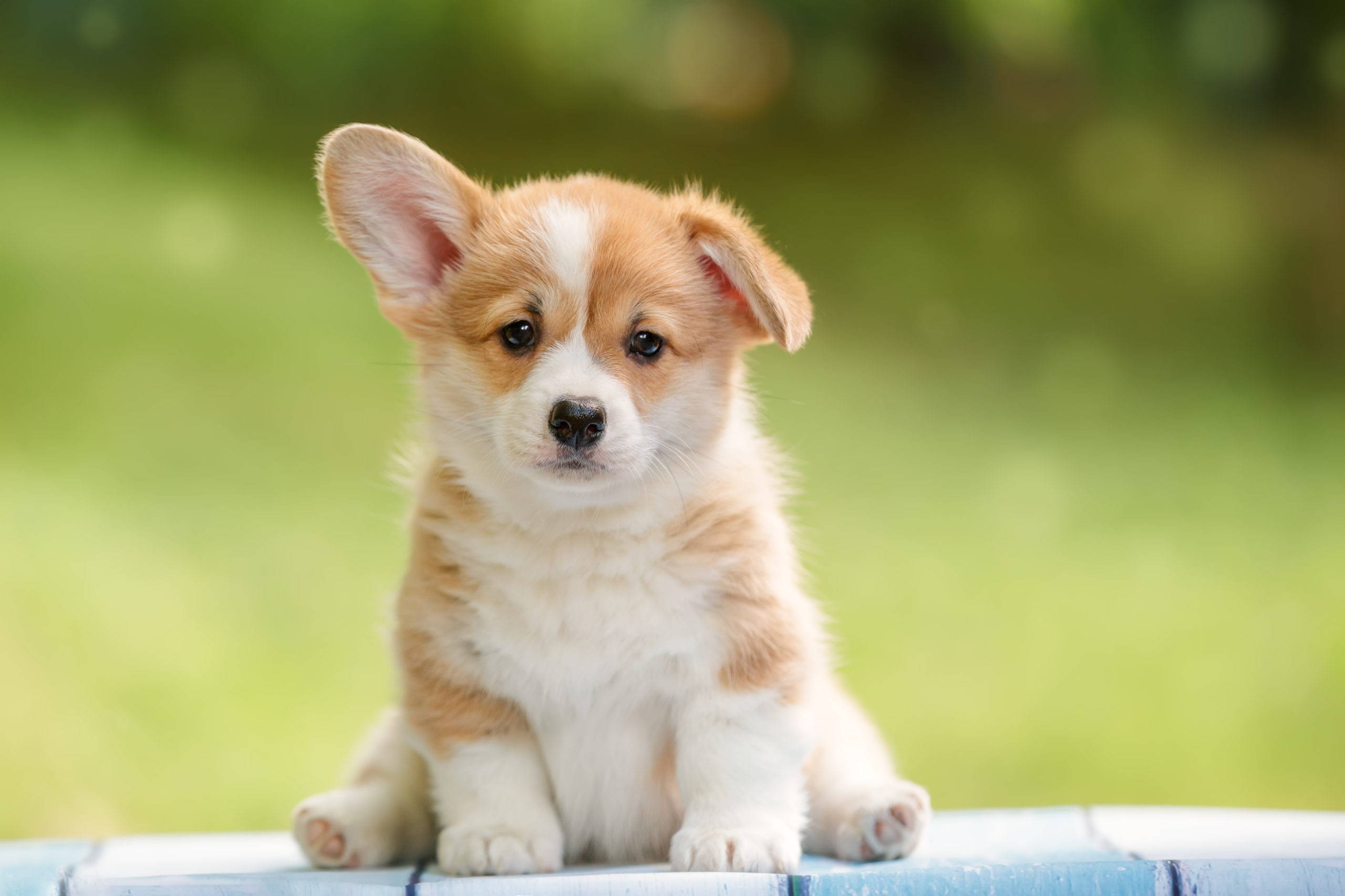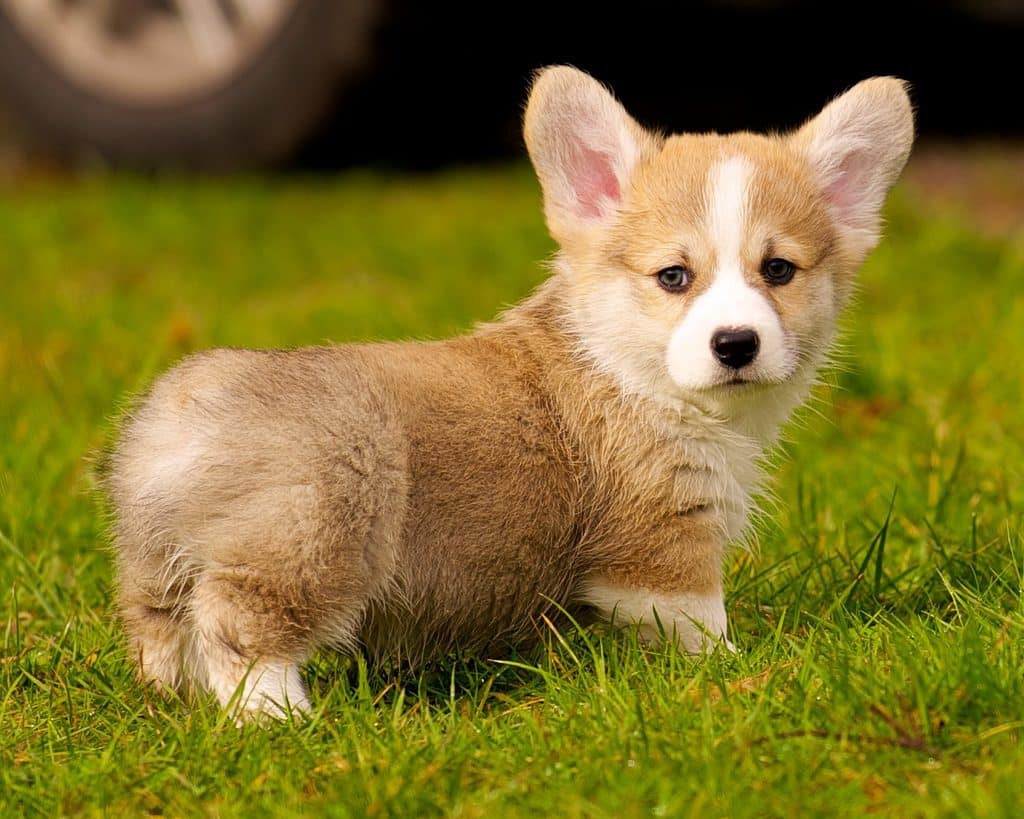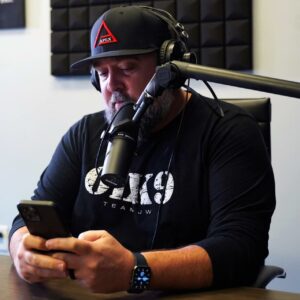Toilet training your puppy is one of the most important steps in raising a well-behaved dog. Yet, despite the best intentions, many pet owners make common mistakes that slow progress, create confusion, and sometimes cause long-term setbacks.

In this article, we’ll highlight the most common puppy potty training mistakes and how to avoid them—so you can set your pup up for success from day one.
1. Inconsistency in Routine
Puppies thrive on structure. When feeding times, potty breaks, and bedtime routines change from day to day, it can lead to confusion and more accidents indoors.
What to do instead:
Stick to a consistent daily schedule. Take your puppy out first thing in the morning, after every meal, after naps, after play, and before bed. Consistency builds habits.
2. Waiting Too Long Between Bathroom Breaks
Many new dog owners overestimate how long a puppy can hold its bladder. Puppies, especially under 6 months old, need frequent potty breaks throughout the day.
What to do instead:
Use the general rule: your puppy can hold it for about one hour per month of age (e.g., a 3-month-old puppy needs a break at least every 3 hours). Set a timer if needed.
3. Punishing Accidents
One of the biggest mistakes is scolding or punishing a puppy for having an accident. This can create fear, anxiety, and even encourage them to hide when they need to go.
What to do instead:
Stay calm. Clean the mess thoroughly with an enzymatic cleaner, and focus on rewarding the right behavior when they go in the correct spot.
4. Not Supervising Indoors
Leaving a puppy unsupervised in the house too soon often leads to accidents. They don’t know the rules yet, and giving them too much freedom too early sets them up to fail.
What to do instead:
Use baby gates, playpens, or a leash to keep your puppy close and under control. If you can’t supervise, consider crate training for short periods.

5. Failing to Use Positive Reinforcement
Many owners forget to reward their puppy for going in the right place—or they wait too long to give the reward.
What to do instead:
Bring treats outside with you and reward immediately after your puppy finishes going potty. Praise enthusiastically to reinforce the behavior.
6. Using the Wrong Cleaning Products
If you clean up an accident with regular household cleaners, your puppy may still smell the spot and return to it.
What to do instead:
Use an enzymatic cleaner specifically designed to eliminate pet odors. This removes the scent entirely and reduces repeat accidents in the same area.
7. Ignoring Nighttime Needs
Puppies can’t hold their bladders all night until they’re older. Ignoring their need to go out at night can result in accidents and disrupted training.
What to do instead:
Set an alarm once or twice a night for very young puppies. As they grow, they’ll naturally sleep through the night without needing a potty break.
8. Not Recognizing the Signs
Puppies often give subtle signals before they go—circling, sniffing, pacing, or heading toward the door. Missing these signs means more accidents.
What to do instead:
Pay close attention to your puppy’s body language. Learn their cues and act fast when you notice them.
9. Not Designating a Specific Potty Area
Letting your puppy roam the yard to go potty can distract them with smells, noises, or playtime—delaying the process or leading to confusion.
What to do instead:
Choose one specific area and take your puppy there every time. Use a cue like “go potty” and wait quietly until they finish.
10. Giving Up Too Soon
Toilet training is a process. Progress might be slow, and accidents are inevitable. Many owners give up or assume something is wrong too early.
What to do instead:
Be patient and persistent. Every puppy learns at their own pace. If you’re consistent and calm, success will follow.
Ready to unleash your dog’s potential? Visit Off Leash K9 Training of Hampton Roads to explore our expert training programs that promise exceptional obedience and a strong bond with your canine companion. Whether you’re in the Hampton Roads area or NE North Carolina, our proven system will help your dog excel off-leash. Contact us today at (757) 296-8366 to start your journey towards a more obedient and joyful relationship with your dog

